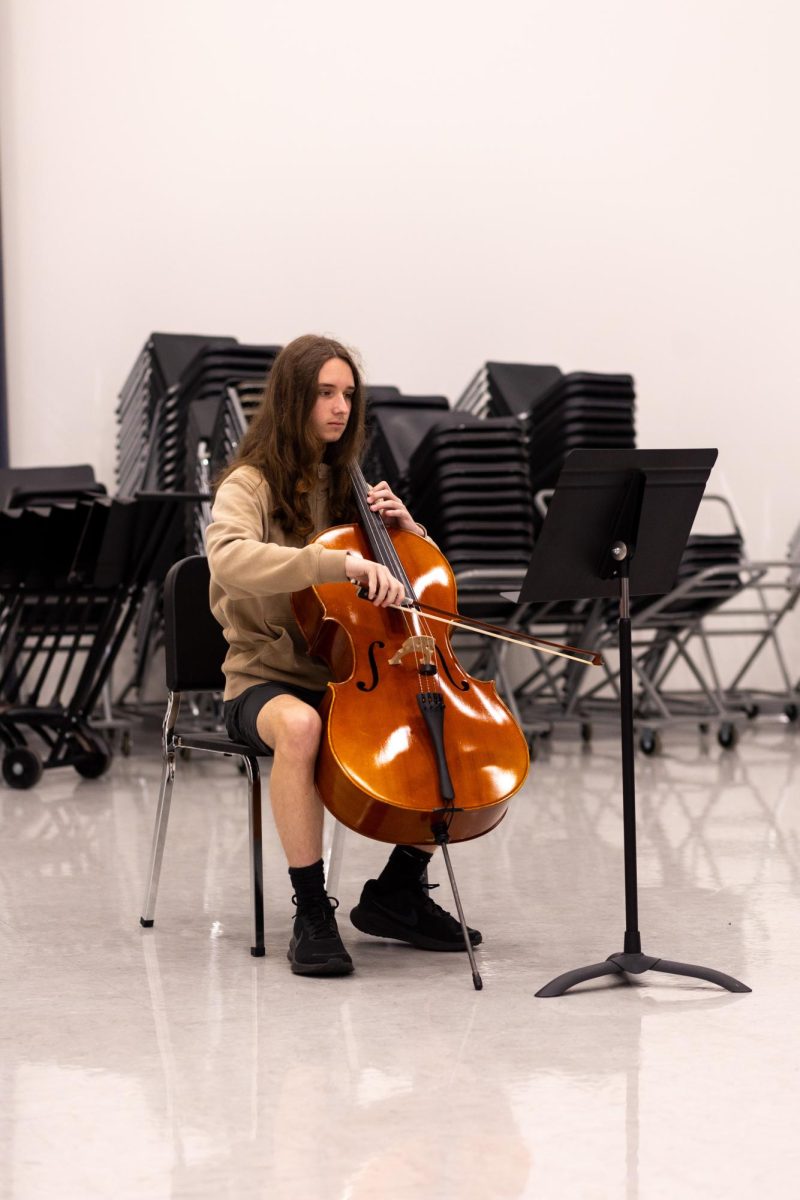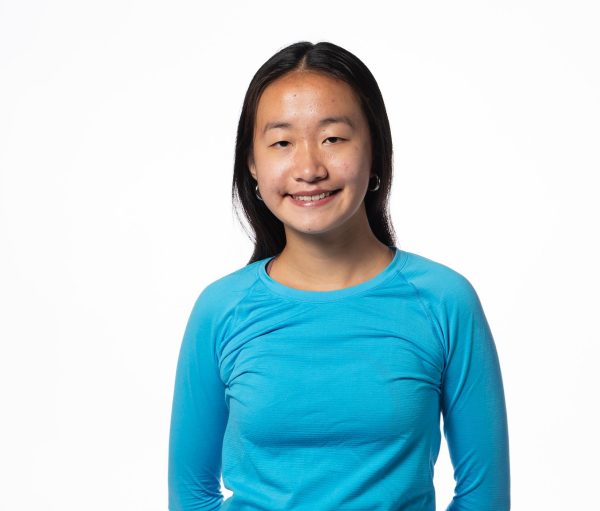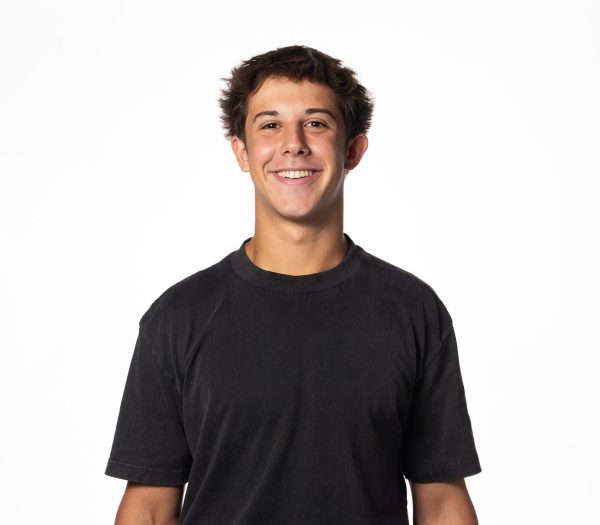Be nice to people with [cerebral palsy].” This is the core of what Bennett Witte (9) would like everyone to know. The United States Centers for Disease Control and Prevention defines cerebral palsy as a group of disorders that affect a person’s ability to move and maintain balance and posture. In spite of how relatively common cerebral palsy and other disabilities are, people who identify as disabled deal with misconceptions and biases on a day to day basis. An underlying factor driving this is a lack of discussion surrounding disability and how ableism is embedded in our language, biases and perceptions.
“There is a very wide spectrum of people,” Bennett said. “If you meet one person, you can’t automatically assume that other people are the same.”
For Bennett, part of having cerebral palsy is learning to adapt the way he goes about everyday tasks to work best for his functional needs. Bennett may dedicate additional time and effort to complete activities. This can take the form of being proactive about communicating with teachers to maximize his success at school.
“At a new school or [with] new teachers, I give them a summary of me so they can better comprehend me as a person and the things that I need,” Bennett said. “I will tell [people] when I need help. If I look like I am struggling, it is because I am working hard.”
Raising awareness of how cerebral palsy and other disabilities affect the lives of students is important to Bennett. However, he also wants people to not only pay attention to, but also understand, the impact that words can have.
“I hear people that make jokes about [the word] ‘special” having a negative connotation,” Bennett said. “People tease each other by saying ‘you’re special’ when they do something wrong. [This] is actually not nice to people that actually have [disabilities].”
Growing up in the Ladue School District has been an overwhelmingly positive experience for Bennett. Several teachers in particular have stood out to Bennett. Bennett has developed an especially close relationship with middle school science teacher Martin Long.
“Every day I [would] pass Mr. Long’s classroom in eighth grade because he was my teacher,” Bennett said. “I would pass his classroom when I wasn’t going to his class and I would say hi to him every single time I walk by, and he would say ‘hello, Mr. Witte’ as a response every single time.”
To Witte, an important aspect of his relationships with peers and teachers is feeling valued as a person, both inclusive of and beyond his cerebral palsy. Witte appreciates when others seek to listen to and respect the disability community. Bennett’s mom, Jessica Witte, said Bennett helped her see from the disability perspective, particularly how people treat individuals with disabilities and and recognizing our biases toward disability as a whole.
“I really didn’t know much about the disabled community until I became tangential to it,” Jessica said. “You realize that there’s a huge amount of ableism of people just thinking people aren’t capable of doing things. When you make yourself aware that you might be infantilizing someone or assuming things, [you should] meet people where they’re at and realize what they need, because you probably are making assumptions that are wrong.”
It is important to both Bennett and his mom that the discussion around disability does not stop at inclusion, but also extends to treating individuals with the same respect as people without disabilities. The Wittes describe that it can be easy to accidentally tokenize or take advantage of individuals with disabilities.
“I remember when Bennett was a lot younger, there were a couple play dates that we had, and it seemed like the parents were really excited that their kid was hanging out with a person with [disabilities],” Jessica said. “I’m like, ‘But aren’t you… together because my kid is fun?’ It was weird because they were super excited about being accessible. If you are hanging out to look like a kind person, that is [gross].”
Bennett has been able to give back to the disability community by volunteering at a sports camp ran by the cerebral palsy center at St. Louis Children’s Hospital.
“Camp Independence is a summer camp that I went to when I was smaller,” Bennett said. “Now I volunteer there. It’s for kids with cerebral palsy.”
For individuals wondering what genuine investment in accessibility may look like, Bennett points out a specific area of the school that may be improved.
“I do not like that there is only a railing on one side of the big staircase,” Bennett said about the entrance to the school. “There is a railing in the middle and a railing on the side. I want a railing on both sides of the staircase like every other staircase. I do use the railing and I do not really have to, but it is better when I am tired.”
Ultimately, Bennett hopes that sharing his perspective can make others feel welcome. At the end of the day, he hopes that everyone strives to be nicer and more accepting.
“People should respect [those who] are different from you,” Bennett said.
https://www.stlouischildrens.org/conditions-treatments/cerebral-palsy-center/sports-rehabilitation/camp-independence
https://jessicawitte.com/#/where-he-and-she-begin/















![School resource officer Rick Ramirez sits in his office. He usually spends little time in his office throughout his day of work, focusing on other issues. “Where our students are, I try to be,” Ramirez said. “Sometimes I get off at 2:45 p.m. when nothing’s going on, or sometimes I get off at 10 p.m. [Those are] my hours.”](https://laduepublications.com/wp-content/uploads/2024/12/Hsiao_20241203_ID_RickRamirez_007-799x1200.jpg)

![Reva poses in front of her home and address plaque. After reuniting with her father and grandparents, she has made many new memories and retained her culture. “We have a lot of Indian cooking going on,” Reva said. “I also like telling people about Indian food, mainly because that’s something that really connects me to [Mumbai].”](https://laduepublications.com/wp-content/uploads/2024/12/At-Home-1200x799.jpg)



